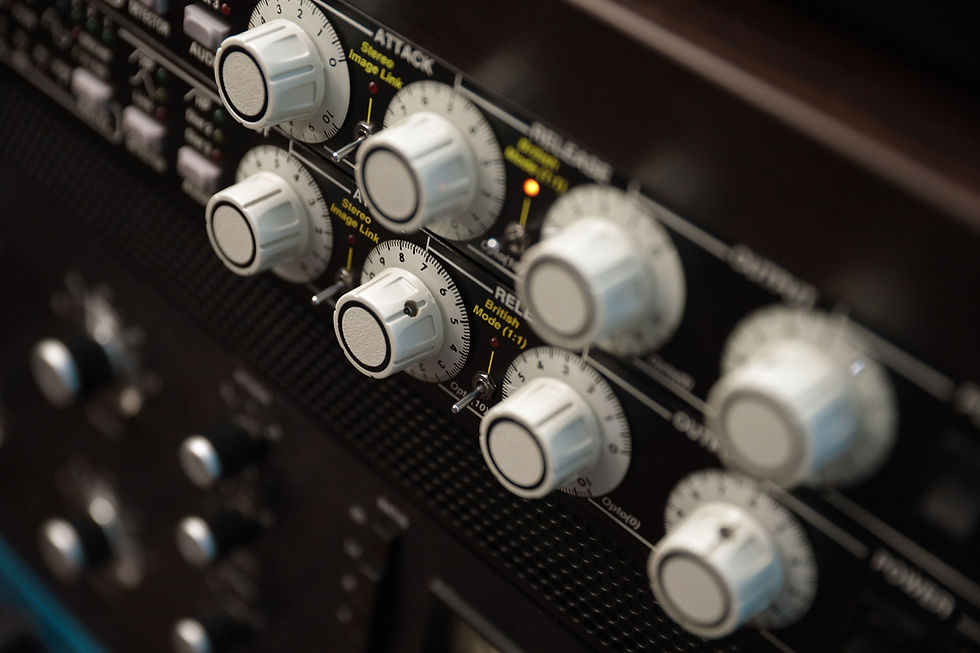Understanding the role of a Mix Engineer
- Scoop Beatz
- Mar 16, 2023
- 1 min read
Understanding the role of a mix engineer is essential for anyone who wants to learn how to create great-sounding music. A mix engineer is responsible for taking individual tracks, such as vocals, drums, bass, and guitars, and combining them to create a cohesive and balanced final mix.
The mix engineer's role involves much more than simply adjusting levels and panning. They must also use their knowledge of audio processing tools like EQ, compression, and reverb to shape the sound of each individual track and the overall mix.
Mix engineers also need to understand how to work with the artist or producer to ensure that the final mix matches their creative vision. They must be able to listen critically to each track and understand how it fits into the context of the song as a whole. Additionally, they need to have excellent communication skills to work effectively with all members of the production team.
A mix engineer must also have an excellent ear for detail, able to pick up on subtle nuances in the music and make adjustments accordingly. They must be able to hear the sound of each instrument and understand how to make each one stand out while still fitting together harmoniously.
Finally, a mix engineer must be comfortable with technology and have a deep understanding of digital audio workstations (DAWs) and other software used in the mixing process.
Understanding the role of a mix engineer is crucial for anyone who wants to create professional-sounding music. By learning the technical skills, critical listening skills, and communication skills required of a mix engineer, you can elevate your productions to the next level and achieve your creative vision.
.png)










Comentarios